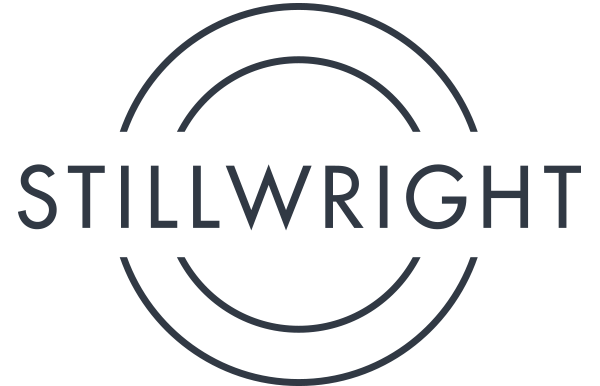
Stillwright Retreats work BEST
for you if:
You want 7–10 days of mostly uninterrupted hard work on brand new material, work which can be challenging and “scary,” but in a good way.
You can commit to complete silence for an extended period of time.
You want a break from your established writing habits/practices/patterns.
You want to be unconnected from your phone and the internet for a time, and you are at a place in your life where you can do that.
You can be supportive of fellow writers in a silent way (whatever that means to you).
You are comfortable with shared bathrooms.
You like nature.
You don’t mind some occasional light chores every other day.
You can handle early starts (8am).
Stillwright is not ideal
for you right now if:
You have a big deadline coming for that play, film, TV episode, novel, article, graphic memoir and need space and time to get it done. The Stillwright retreats convened by Erik Ehn work best if you as a participant come with no specific plans for work in your head. The idea is to come, surrender to the process and see what develops. We wouldn’t want you to miss out of the excitement of seeing your work grow in unexpected ways.
You’re just starting out and don’t have a well developed writing practice. The retreats work particularly well if you are seeking to break out of established patterns of working or thinking, or if you have a strong process already that you can leap off from.
You need to be in regular contact with kids, parents, loved ones. We understand that taking time away in such remote and silent places may be a challenge for some people, particularly those who feel they can’t be out of touch with friends and family for 7 to 10 days. We get it. The time has to be right. We’re planning on being around for a long time, so maybe you might consider throwing your hat into the ring sometime in the future when you really feel that you can commit to fully disengaging from your life.
You find extended periods of silence not just challenging, but downright distressing. There’s good scary and bad scary. Being in silence with other people can be liberating and invigorating. It can also be deeply challenging. Sometimes the silence can lead us to places that are dark and disorienting. If, at this stage of your life, you think that this might not be helpful to you and your process, then please consider saying ‘no’ this time and applying some time in the future when the thought of silence feels just a little bit daunting (good scary) and not utterly terrifying (bad scary).
Your idea of a retreat involves 5 star luxury accommodation. The Texas location is rustic and we mean rustic. Cement floors. Stone cottages. Bugs. Sometimes, a lot of bugs. The occasional animal. It can be very hot, and everyone is assigned a few simple work chores. Green Gulch is a less wild environment (though there is wildlife about) and there are no chores, but it is monastically simple. The Upstate NY retreat is no-frills rural bohemian and also includes some chores. At all retreats, the work is deep and demanding.
You want to suffer, on the other hand. The work is challenging but the silence is curated and supportive, and while it takes some adjusting to, it can be deeply gratifying. In Texas we have a longish afternoon break, and there is a river to cool off in. At Green Gulch there is time to walk to Muir Beach, or through beautiful gardens. SALO Farm upstate has lovely woods and a pond, and we’ll have a silent bonfire. You are taken care of and well fed, and there is always coffee, tea, and endless snacks.
You want feedback. While we like to have a general discussion at the end of the retreat about the experience, we don’t share work.

